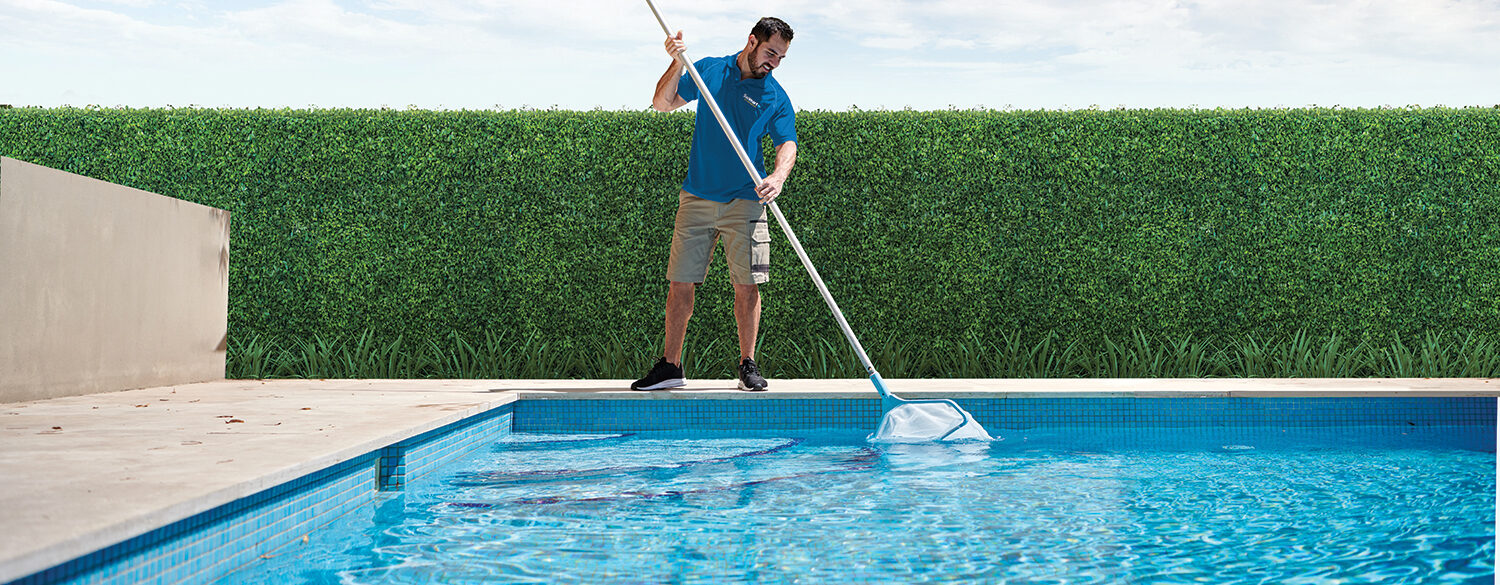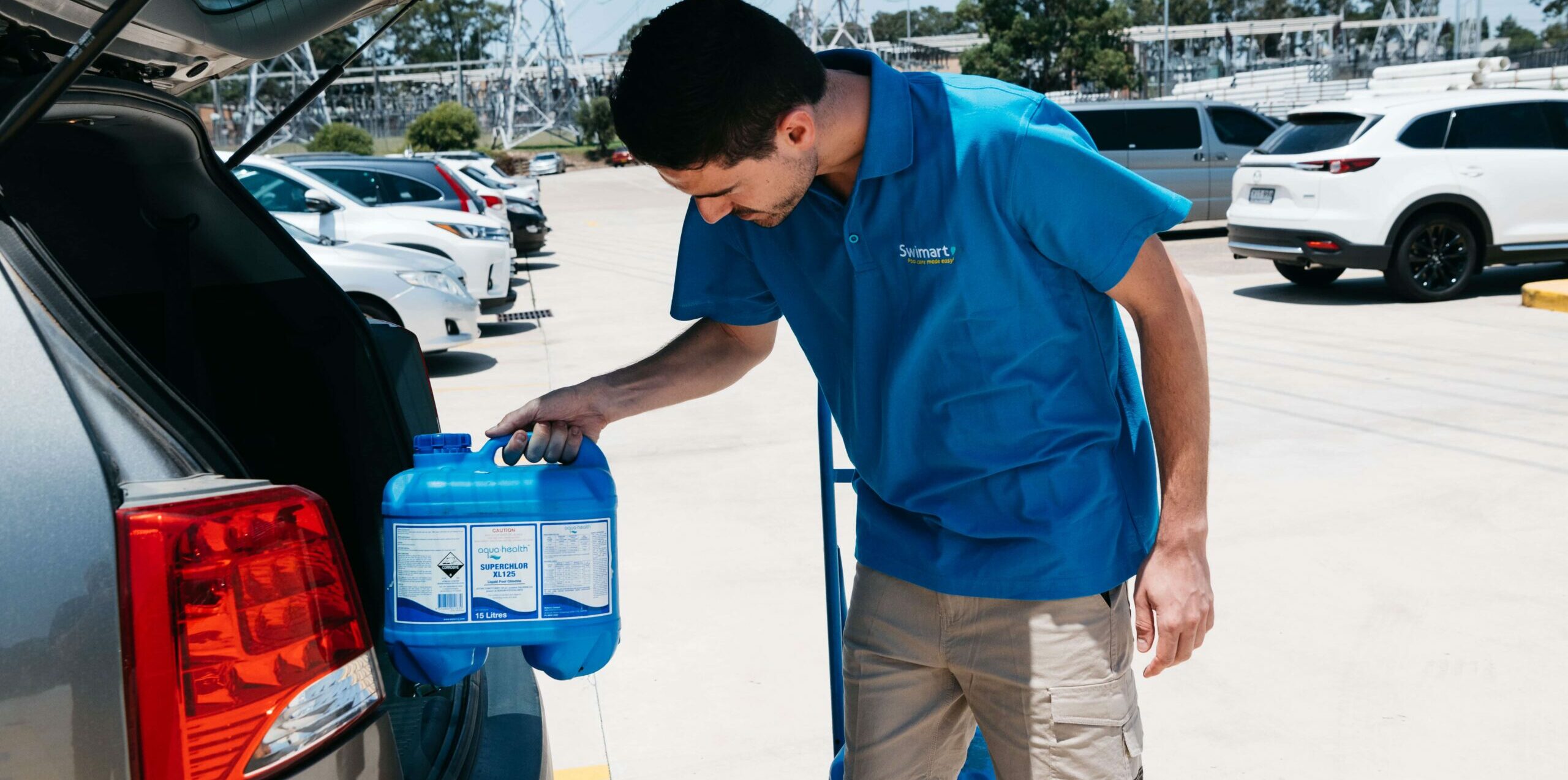General
Swimming Lessons
18 June 2015
Winter is swimming lesson season It’s a cold winter morning and no one in their right mind wants to crawl out from under the doonas – let alone drag cranky kids out of bed and tell them they have to jump into a pool. The trouble is, that’s exactly what you should do for several very […]
Winter is swimming lesson season
It’s a cold winter morning and no one in their right mind wants to crawl out from under the doonas – let alone drag cranky kids out of bed and tell them they have to jump into a pool.
The trouble is, that’s exactly what you should do for several very good reasons.
Swimming classes around the country suffer a not-so-mysterious dearth of students once the cold weather hits. Apart from the obvious shivering, quivering reluctance of family members young and old to leave their beds, let alone the house, there’s also the fear of a different type of cold. It’s the kind that comes with a cough and sore throat.
People seem to have the idea that getting wet increases your chance of catching a cold where in reality we get sick when coming into contact with another infected person.
In fact, swimming is good for everyone’s health and fitness and swimming in an indoor heated pool is hardly conducive with catching a chill. Swimming strengthens our lungs and keeps us fit – and that’s a great start to being able to fight off any germs that come our way.
It’s also good to remember that children who stop lessons also forget what they’ve learned and will fall behind with their swimming skills and confidence. Imagine what would happen to their reading skills if they took six months off school!
Best of all, with so many parents pulling their kids out of classes for the season, you’ll have your pick of lesson times and teachers.
Heating your pool
If the thought of cooler water doesn’t thrill you, then consider a pool heater to give you trans-seasonal enjoyment of your pool. There’s a range of pool heating solutions to choose from, depending on your budget, location and lifestyle. And with the right heater you can extend your swimming season.
There are three main heating options to choose from. Here is a snapshot, but for more information go to http://www.swimart.com.au/pool-supplies/pool-heating.
Solar: Undeniably the most environmentally friendly option of all, solar pool heating operates by using the energy of the sun.
The principles involved in solar pool heating are very simple. Imagine a garden hose that has been lying in the sun for several hours. When you turn on the tap, out comes hot water. The sun’s energy has been absorbed by the hose and transmitted as heat to the water inside it. Basically the hose acts as a solar collector, which is the process of solar heating.
Unlike other pool heaters on the market, solar pays for itself in just a few years. After the initial setup cost, the ongoing running expenses are minimal as heat is provided free from the sun. This enables you to increase the amount of time you spend in your pool without worrying about expensive energy bills.
However, if you live in a climate that does not get a great deal of sunlight or a very shady suburb, then a solar system is not a viable option. Installation can also be costly; however some government rebates are available, so check on your local council or state government’s website.
Heat pumps: Reliable, highly efficient and economical to run, heat pumps extract heat from the air (similar to a reverse cycle air conditioner), and use that heat to produce hot water. Compared to gas and electric element heating, heat pumps use just a fraction of the energy to generate the same amount of heat. Although initially heat pumps take longer than gas heaters to warm up the pool or spa water, they are much more economical and will then maintain the heating as well as gas heaters.
(similar to a reverse cycle air conditioner), and use that heat to produce hot water. Compared to gas and electric element heating, heat pumps use just a fraction of the energy to generate the same amount of heat. Although initially heat pumps take longer than gas heaters to warm up the pool or spa water, they are much more economical and will then maintain the heating as well as gas heaters.
Benefits of heat pumps include their high energy efficiency and lower running costs. As a guide, you can save up to 80% over LPG and 50% over natural gas fuelled heaters. And the best thing about heat pump pool heaters is that they operate regardless of the weather.
Another thing to consider is they can be expensive to initially install, but the low running costs will make up for this in no time at all.
Gas: Gas heaters are the fastest method for heating your pool, providing a comfortable temperature for swimming on demand. Put simply, they could extend your swimming season all year round.
Gas heating systems use natural gas or LPG, heating the pool water by pumping it through a heating unit normally on the filtration line. A key advantage of a gas heater is it is simple to use, which could explain its continued popularity. It can also heat pool water much faster than a solar or heat pump system can, and will heat the pool water up to 40oC, no matter how cold the climate is. Still not sure? Ask your local Swimart store for the best solution!


 AUS
AUS NZ
NZ 




 (similar to a reverse cycle air conditioner), and use that heat to produce hot water. Compared to gas and electric element heating, heat pumps use just a fraction of the energy to generate the same amount of heat. Although initially heat pumps take longer than gas heaters to warm up the pool or spa water, they are much more economical and will then maintain the heating as well as gas heaters.
(similar to a reverse cycle air conditioner), and use that heat to produce hot water. Compared to gas and electric element heating, heat pumps use just a fraction of the energy to generate the same amount of heat. Although initially heat pumps take longer than gas heaters to warm up the pool or spa water, they are much more economical and will then maintain the heating as well as gas heaters.